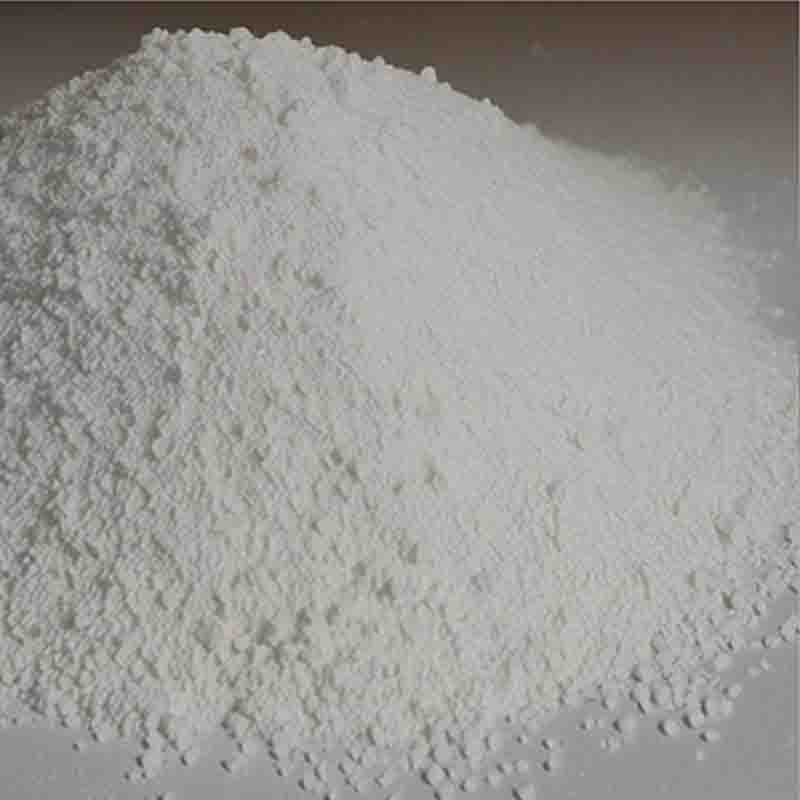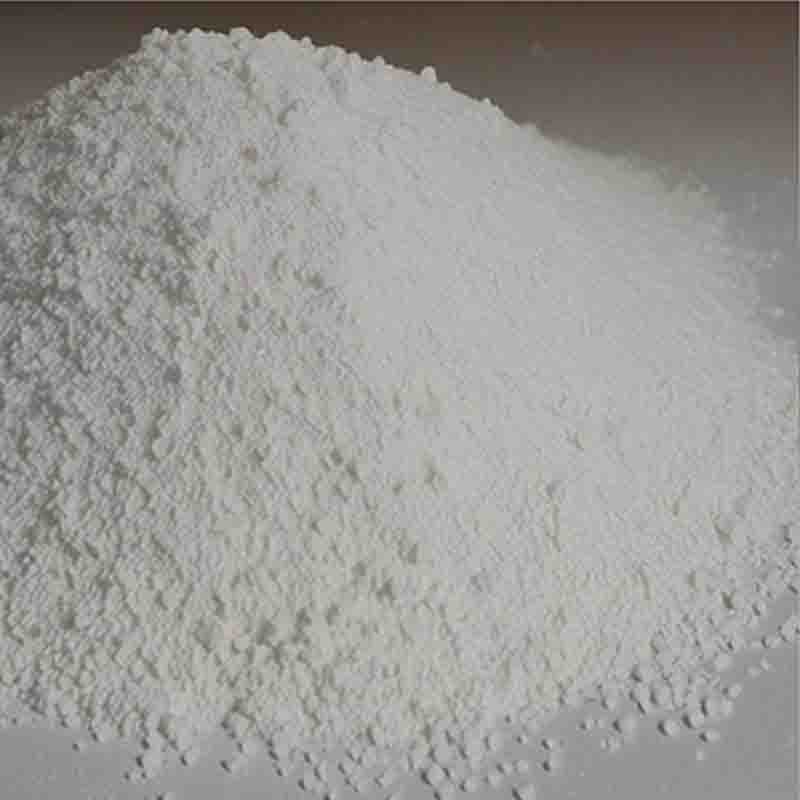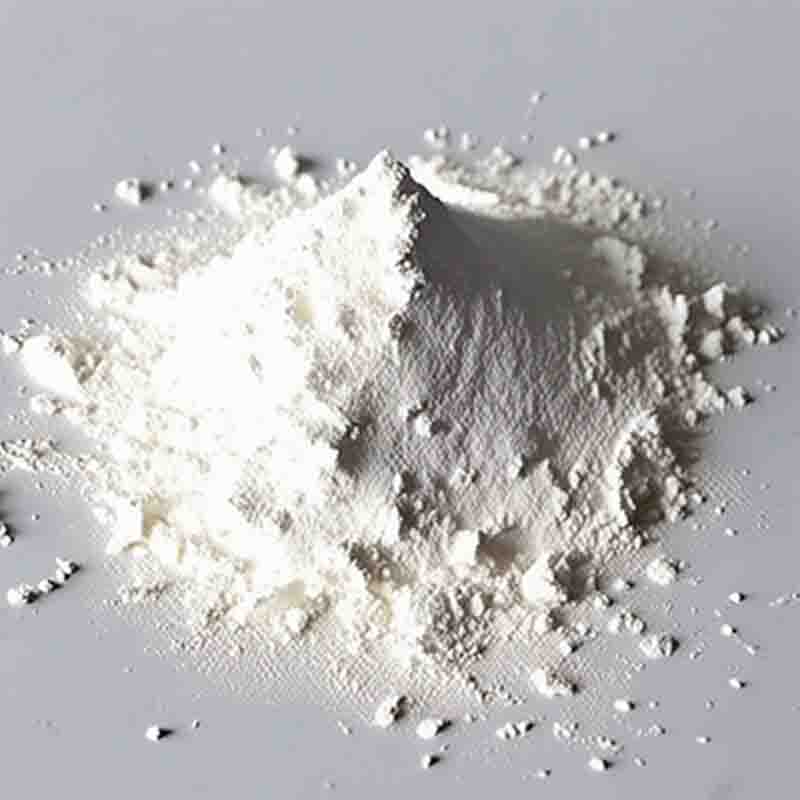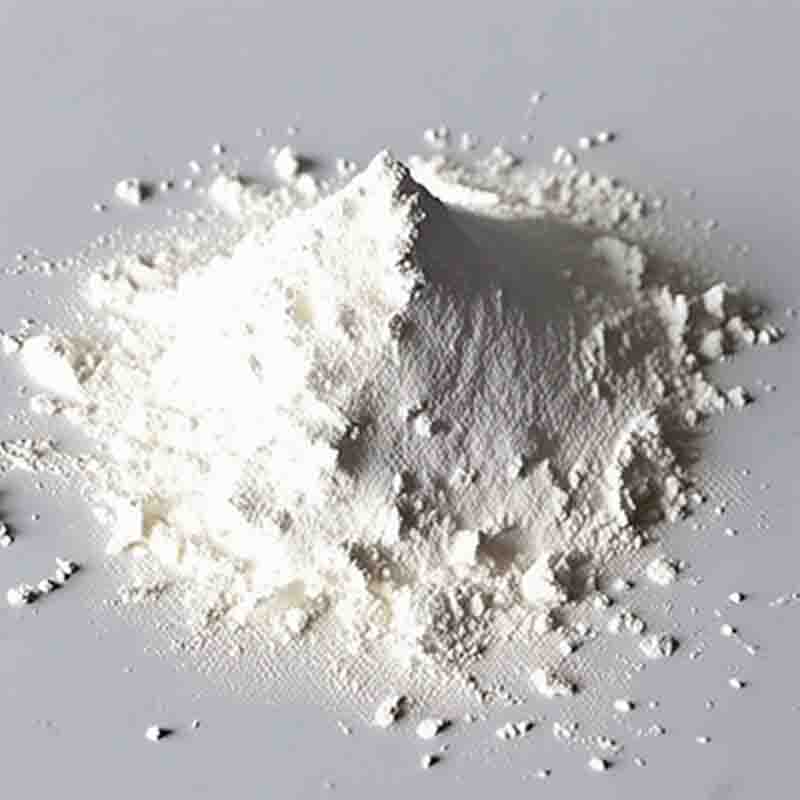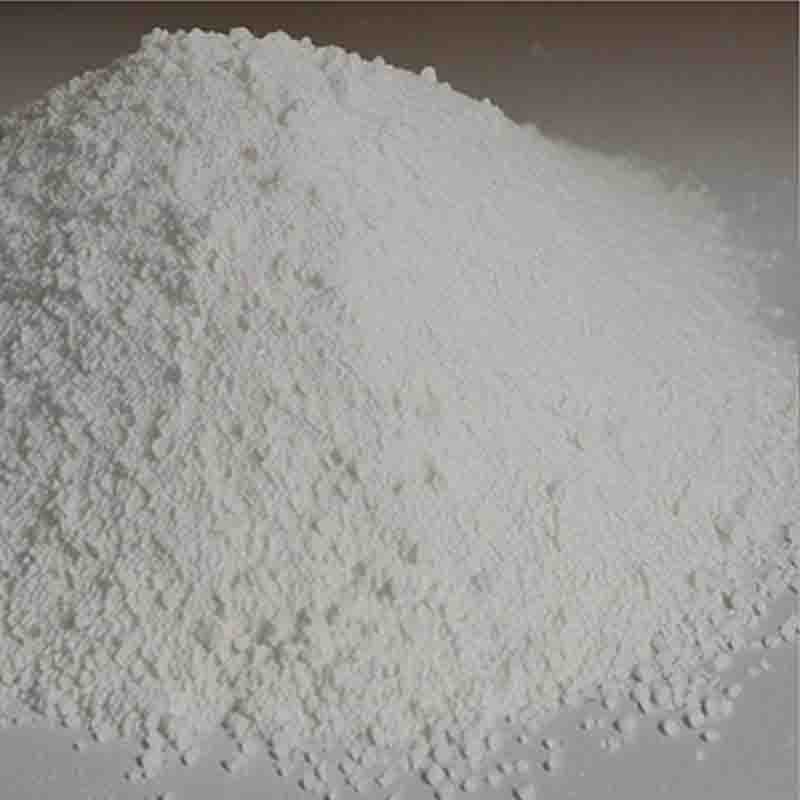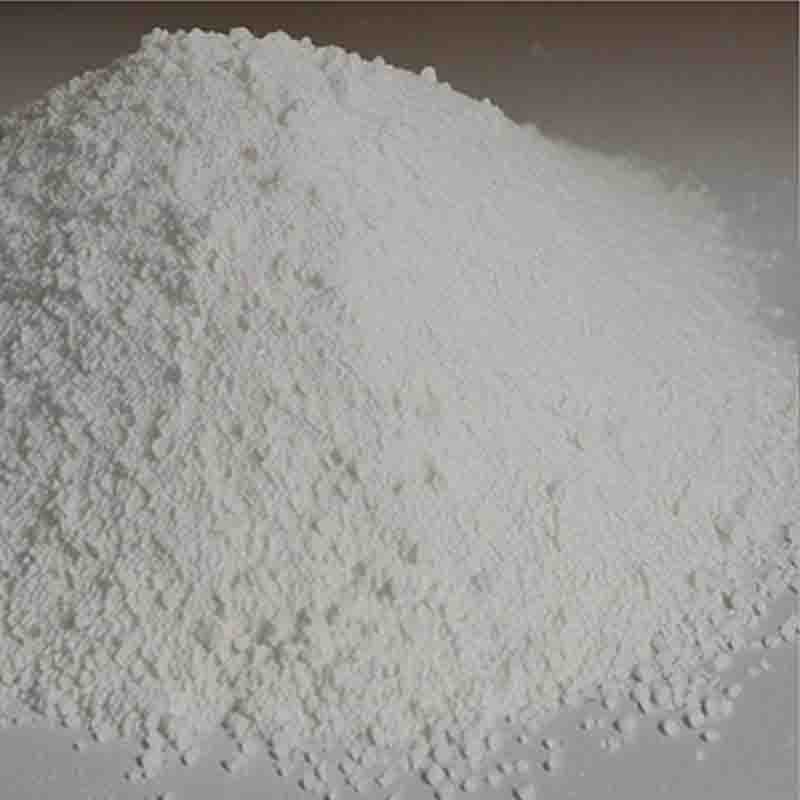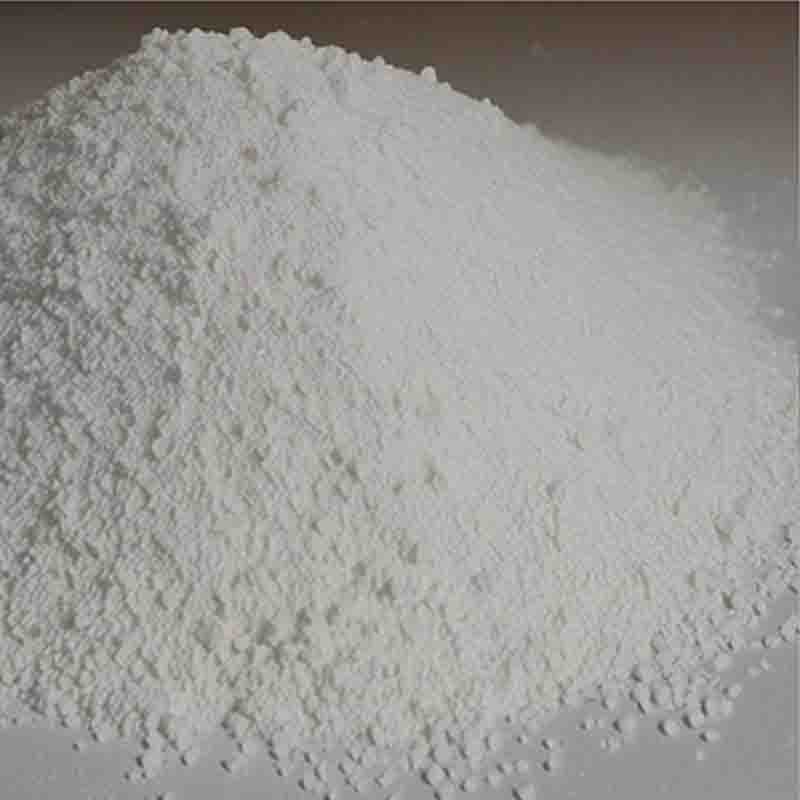Ethylenecarbonate CAS:96-49-1
| Catalog Number | XD96443 |
| Product Name | Ethylenecarbonate |
| CAS | 96-49-1 |
| Molecular Formula | C3H4O3 |
| Molecular Weight | 88.06 |
| Storage Details | Ambient |
Product Specification
| Appearance | White powder |
| Assay | 99% min |
Ethylenecarbonate, also known as ethylene carbonate, is a chemical compound with the formula C3H4O3. It plays a significant role in several industrial and chemical processes, and its effects are diverse and important. Here are some key effects of ethylenecarbonate:Solvent Properties: Ethylenecarbonate is a high-quality polar solvent that is widely used in the electrolyte formulations for lithium-ion batteries. It exhibits good solubility for a variety of electrolyte salts and helps to improve the overall performance and stability of lithium-ion battery systems. Its solvent properties contribute to the efficient transport of lithium ions between the cathode and anode, essential for the function of rechargeable batteries.Electrolyte Additive: In addition to being a solvent, ethylenecarbonate is used as an electrolyte additive to improve the performance and safety of lithium-ion batteries. It forms a stable and protective layer on the surface of the electrodes, enhancing the cycle life and preventing the formation of dendrites, which can cause safety hazards in battery operation.Chemical Intermediate: Ethylenecarbonate serves as a versatile chemical intermediate in the synthesis of various organic compounds. It participates in reactions such as transesterification and polymerization to produce valuable intermediates for the production of polymers, pharmaceuticals, and specialty chemicals.Plasticizer: Ethylenecarbonate also acts as a plasticizer, contributing to the flexibility and elasticity of polymers and resins. It can be incorporated into polymer formulations to improve their processability and impart desirable mechanical properties to the end products.Use in Carbon Capture: Ethylenecarbonate has been investigated for its potential use in carbon capture and storage (CCS) technologies. It can react with carbon dioxide to form stable carbonates, offering a potential method for capturing and sequestering carbon dioxide emissions from industrial processes and power plants.Overall, ethylenecarbonate exhibits a range of effects and applications, including its role as a solvent and additive in lithium-ion batteries, a chemical intermediate, a plasticizer, and a potential contributor to carbon capture technologies. Its versatility and importance in various industries make it a valuable compound with diverse effects and implications.


